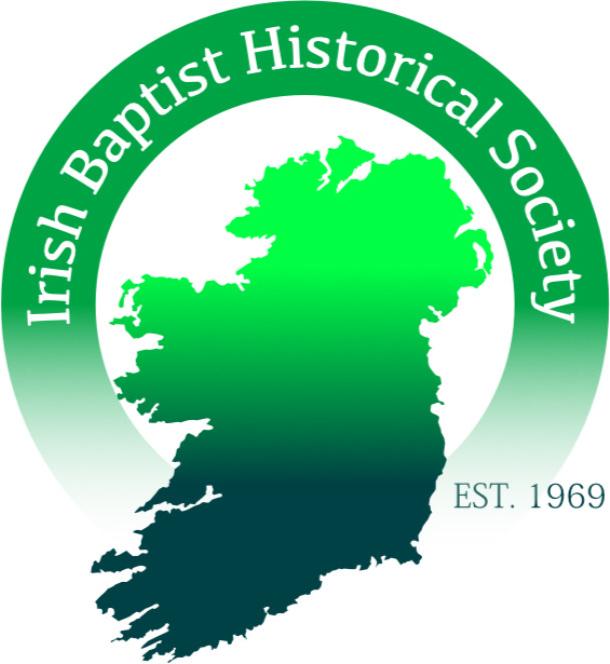Irish Baptist Historical Society: The Mayflower

The next Irish Baptist Historical Society lecture will be held on Thursday 26th March, at 8pm in The Baptist Centre. Our speaker is Stephen Murphy, pastor of the Dundalk Church. We asked him to give us a taster of what awaits us:
In September 1620, a merchant ship called the Mayflower set sail from Plymouth, on the south coast of England. Normally, the Mayflower’s cargo was wine and dry goods, but on this trip the ship carried 102 passengers - all hoping to start a new life on the other side of the Atlantic. Nearly 40 of these passengers were Protestant Separatists–they called themselves “Saints”–who hoped to establish a new church in the New World. Today, we often refer to the colonists who crossed the Atlantic on the Mayflower as “Pilgrims.”
After two miserable months at sea, the ship finally reached the New World. There, the Mayflower’s passengers found an abandoned Indian village and not much else. They also found that they were in the wrong place: Cape Cod was located well north of their expected destination, the Virginia Company’s territory. Technically, the Mayflower colonists had no right to be there at all!
In order to establish themselves as a legitimate colony (“Plymouth,” named after the English port from which they had departed) under these dubious circumstances, 41 of the Saints and Strangers (the name given to the non- separatist colonists) drafted and signed a document they called the “Mayflower Compact.” This Compact promised to create a “civil Body Politick” governed by elected officials and “just and equal laws.” It also swore allegiance to the English king. It was the first document to establish self-government in the New World. From these unlikely beginnings began a vision for the New World that would have profound consequences-both spiritually and politically-not only for America but the “Old World” as well.
Please join us on Thursday 26th March as we explore the story of the Mayflower Pilgrims and their relevance for us as Baptists.





